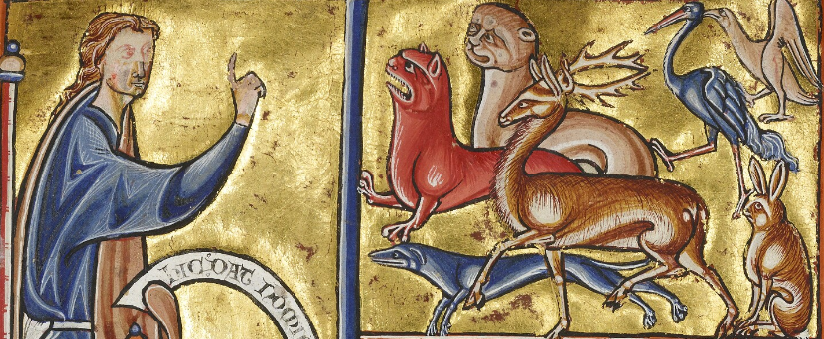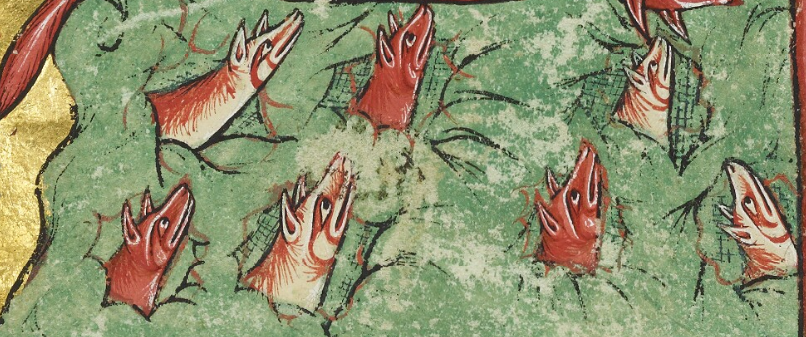17-19 March 2023, Corpus Christi College & All Souls College, Oxford
The 54th Annual Spring Symposium in Byzantine Studies will be held in Oxford on the theme of Material Religion in Byzantium and Beyond. The Symposium brings together Byzantine studies with a series of innovative approaches to the material nature and realities of religion – foregrounding the methodological, historical and archaeological problems of studying religion through visual and material culture. Taking a broad geographical and chronological view of the Byzantine world, the Symposium will range across Afro-Eurasia and from Antiquity to the period after the fall of Constantinople. Sessions will be arranged around the themes of ‘Objects in motion’, ‘Religion in 3D’, ‘Religious landscapes’, ‘Things without context’, ‘Things and their context’ and ‘Spatial approaches to religion’.
Confirmed speakers include: Béatrice Caseau, Paroma Chatterjee, Francesca Dell’Acqua, Ivan Foletti, David Frankfurter, Ildar Garipzanov, Troels M. Kristensen, Anne Lester, Birgit Meyer, Brigitte Pitarakis, Myrto Veikou, and Anne-Marie Yasin.
The Symposium will be hybrid, taking place at Oxford – Corpus Christi College and All Souls College –, and on Zoom.
Fees and registration:
- In person, for three days: Full: £130; Members of the SPBS: £110; Students/Unwaged: £60.
- In person, for one day: Full: £65; Members of the SPBS: £55; Students/Unwaged: £30.
- On-line: Full: £35; Members of the SPBS: £20; Students/Unwaged: £10
For more information, the Symposium programme and registration, please visit the Symposium website here.
Symposiarchs
Jaś Elsner, Ine Jacobs, Julia Smith













